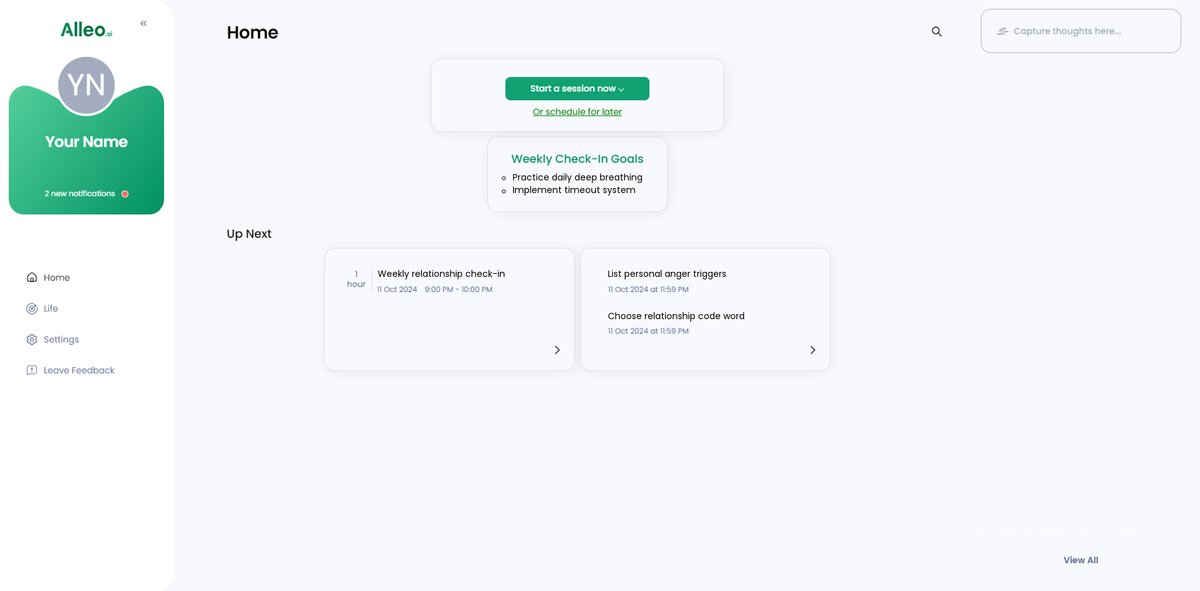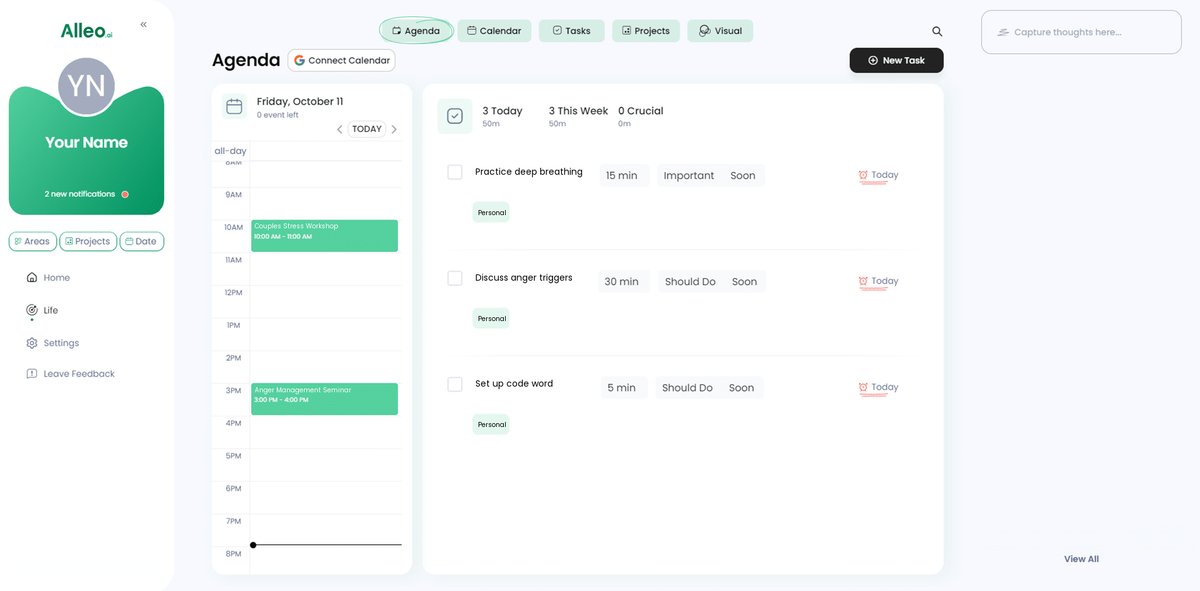7 Powerful Anger Management Techniques for Couples in Stressful Situations
Are you and your partner finding it hard to manage emotions while working from home? Couple anger management techniques can help.
As a life coach, I’ve seen many couples struggle with the stress of remote work. It often leads to frequent arguments and emotional outbursts, highlighting the need for effective conflict resolution strategies.
In this article, you’ll discover effective couple anger management techniques tailored for couples in stressful situations. You’ll learn actionable strategies to control emotional outbursts, improve communication skills for couples, and foster a healthier relationship. We’ll explore stress reduction methods and emotional regulation in relationships.
Let’s dive into managing anger in marriage and explore couples therapy exercises that can make a difference.

Understanding the Impact of Stress on Remote Relationships
Balancing work and personal life while working from home is challenging. Stress can severely impact your emotional well-being and relationship dynamics, often necessitating couple anger management techniques.
You might notice frequent arguments and emotional outbursts, which are common symptoms of stress-related anger. This can create a toxic environment, making it difficult to stay productive and happy. Effective communication skills for couples and stress reduction methods are essential in these situations.
Addressing these issues is crucial. By focusing on anger management techniques for couples, you can maintain a healthy and loving relationship. Incorporating mindfulness techniques for couples and emotional regulation in relationships can significantly improve your ability to manage conflict.

Key Steps to Manage Anger in Remote Relationships
Overcoming this challenge requires a few key steps. Here are the main areas to focus on to make progress with couple anger management techniques:
- Practice deep breathing exercises together: Schedule daily sessions to calm your mind and improve emotional regulation in relationships.
- Implement a “timeout” system for heated moments: Use a signal to pause and cool down, an effective de-escalation tactic in arguments.
- Use “I” statements for effective communication: Express feelings without blaming your partner, enhancing communication skills for couples.
- Identify and discuss common anger triggers: Share and understand each other’s triggers as part of relationship conflict management.
- Create a shared stress-reduction routine: Engage in regular activities that reduce stress together, incorporating stress reduction methods.
- Develop a code word to pause intense discussions: Agree on a word to halt and reflect, a useful conflict resolution strategy.
- Schedule regular check-ins for emotional awareness: Set meetings to discuss well-being and progress, similar to couples therapy exercises.
Let’s dive into these couple anger management techniques!
1: Practice deep breathing exercises together
Deep breathing exercises help calm the mind and reduce stress, which is essential for managing anger in remote relationships and is one of the most effective couple anger management techniques.
Actionable Steps:
- Schedule daily 5-minute sessions: Begin or end the day with these exercises to set a positive tone and improve communication skills for couples.
- Use guided breathing apps: Ensure proper technique with apps or videos, enhancing the effectiveness of stress reduction methods.
- Track your progress: Use a shared journal to note changes in mood and stress levels over a week, aiding in emotional regulation in relationships.
Explanation:
Practicing deep breathing exercises can significantly improve your emotional well-being and serve as healthy coping mechanisms for stress.
By incorporating a daily routine, you can reduce stress and prevent emotional outbursts, which is crucial for managing anger in marriage.
According to Manhattan Psychology Group, mindfulness and relaxation techniques are effective in managing stress-related issues and can be valuable couples therapy exercises.
This strategy aligns with current trends emphasizing holistic approaches to stress management and relationship conflict management.
These steps will help you establish a calm environment, setting the foundation for better communication and emotional control, which are essential conflict resolution strategies.

2: Implement a “timeout” system for heated moments
Taking a timeout is crucial for cooling down during heated moments and preventing emotional outbursts, making it an essential couple anger management technique.
Actionable Steps:
- Agree on a signal: Choose a specific word or gesture to use when feeling overwhelmed, enhancing communication skills for couples.
- Take a 10-minute break: Engage in a calming activity like a walk or listening to music, which serves as a stress reduction method.
- Return calmly: After the timeout, use “I” statements to continue the discussion respectfully, employing effective conflict resolution strategies.
Explanation:
Implementing a timeout system helps couples pause and de-escalate conflicts, promoting healthier communication and emotional regulation in relationships.
According to Old Vineyard BHS, taking breaks during arguments can prevent emotional escalation, a key aspect of managing anger in marriage.
These steps ensure that you address issues with a calm mindset, fostering a more supportive relationship dynamic and serving as effective couples therapy exercises.
This structured approach will help you manage stress and improve your overall emotional well-being as a couple, incorporating mindfulness techniques for couples and healthy coping mechanisms for stress.

3: Use “I” statements for effective communication
Using “I” statements helps you express feelings without blaming your partner, fostering better understanding and connection. This is a crucial couple anger management technique that enhances communication skills for couples.
Actionable Steps:
- Begin with “I feel” statements: Start your sentences with “I feel” to communicate your emotions clearly and honestly, a key aspect of emotional regulation in relationships.
- Describe specific behaviors: Mention the specific behavior that triggered your feelings, avoiding generalizations. This is essential for effective conflict resolution strategies.
- Express needs constructively: Share what you need or would like to change in a positive and constructive manner, which is vital for managing anger in marriage.
Explanation:
These steps help prevent defensiveness and promote constructive dialogue. By using “I” statements, you focus on expressing your own feelings rather than accusing your partner, which helps in reducing conflicts and serves as an effective de-escalation tactic in arguments.
According to Chettiar Counselling, effective communication through “I” statements can reduce the intensity of arguments and lead to better resolution of issues, making it a valuable stress reduction method for couples.
This approach will enhance your communication skills, making it easier to navigate challenging conversations with empathy and understanding. It’s one of the essential couples therapy exercises that can improve relationship conflict management.

4: Identify and discuss common anger triggers
Identifying and discussing common anger triggers can help prevent emotional outbursts and improve communication in remote relationships, which is a crucial couple anger management technique.
Actionable Steps:
- List your triggers: Each partner should list their top three anger triggers and share them during a calm moment, enhancing communication skills for couples.
- Discuss without judgment: Have an open conversation to understand each other’s triggers and recognize patterns, promoting effective conflict resolution strategies.
- Develop a plan: Create strategies to avoid or mitigate these triggers, such as setting boundaries or organizing your workspace, which are essential stress reduction methods.
Explanation:
Understanding each other’s anger triggers is essential for managing anger in marriage and maintaining a healthy relationship.
Discussing these triggers transparently can help you both recognize and address them effectively, improving emotional regulation in relationships.
According to Chettiar Counselling, recognizing common triggers and warning signs of anger helps in applying management techniques. This approach fosters empathy and reduces the likelihood of conflicts, acting as a de-escalation tactic in arguments.
By sharing your triggers, you will be better equipped to handle stressful situations together, utilizing healthy coping mechanisms for stress in your relationship conflict management.

5: Create a shared stress-reduction routine
Creating a shared stress-reduction routine can significantly enhance your relationship by reducing tension and fostering emotional well-being. This is an essential couple anger management technique that promotes healthy coping mechanisms for stress.
Key benefits of a shared stress-reduction routine include:
- Strengthened emotional bond
- Improved communication skills for couples
- Reduced overall stress levels and better emotional regulation in relationships
Actionable Steps:
- Incorporate regular physical activities: Schedule daily exercises like yoga or jogging to boost your mood and relieve stress, serving as effective conflict resolution strategies.
- Plan weekly relaxation activities together: Set aside time for activities like movie nights or cooking meals to bond and unwind, enhancing your relationship conflict management.
- Use a shared calendar: Ensure both partners are committed by marking these stress-reduction activities on a shared calendar, supporting your couple anger management techniques.
Explanation:
These steps help you both stay committed to reducing stress, improving your emotional connection. Regular physical activity and shared relaxation routines foster a healthier relationship and serve as mindfulness techniques for couples.
According to Chettiar Counselling, integrating such activities into your routine supports long-term anger management and emotional well-being, similar to couples therapy exercises.
You will find these practices enhance your relationship and help manage stress effectively, acting as de-escalation tactics in arguments and improving your overall approach to managing anger in marriage.

6: Develop a code word to pause intense discussions
Pausing intense discussions using a code word can help manage stress and prevent emotional outbursts, making it an effective couple anger management technique.
Actionable Steps:
- Choose a neutral code word: Select a word that both partners agree on and find non-confrontational, enhancing communication skills for couples.
- Set clear rules for use: Establish when and how the code word should be used, like during escalating arguments, as part of your conflict resolution strategies.
- Take a 5-minute break: Once the code word is used, both partners should step away and engage in a calming activity, promoting stress reduction methods.
Explanation:
These steps are essential for de-escalation tactics in arguments and maintaining a calm environment.
According to Wise Therapy, having strategies like code words helps manage intense feelings more effectively, supporting emotional regulation in relationships.
This approach promotes healthier communication and emotional regulation, essential for a supportive relationship and managing anger in marriage.
Utilizing a code word can transform how you handle conflicts, making discussions more productive and serving as one of many couples therapy exercises for relationship conflict management.

7: Schedule regular check-ins for emotional awareness
Regular check-ins help maintain emotional awareness and strengthen your relationship by addressing issues before they escalate, serving as an effective couple anger management technique.
Actionable Steps:
- Set a weekly or bi-weekly meeting: Schedule consistent times to discuss emotional well-being and relationship conflicts, improving communication skills for couples.
- Use a structured format: Prepare a list of questions or a mood tracker to guide your discussions and keep them focused on stress reduction methods and emotional regulation in relationships.
- Reflect and adjust: Evaluate progress and adapt strategies as needed to improve emotional management and relationship conflict management.
Explanation:
These steps help you proactively address emotional issues, fostering a healthier relationship. Regular check-ins align with current trends emphasizing structured emotional awareness practices and serve as effective couples therapy exercises.
According to Chettiar Counselling, maintaining consistent emotional check-ins can significantly reduce stress-related conflicts and improve communication, which are crucial for managing anger in marriage.
Key aspects to focus on during check-ins:
- Recent emotional challenges and conflict resolution strategies
- Progress on personal goals and mindfulness techniques for couples
- Areas for mutual support and de-escalation tactics in arguments
By incorporating these practices, you will enhance your emotional connection and better manage stress together, developing healthy coping mechanisms for stress.
This approach ensures that you and your partner stay emotionally connected and aware of each other’s needs, strengthening your couple anger management techniques.

Enhance Your Relationship with Alleo
We’ve explored how to manage anger and stress in remote relationships using couple anger management techniques. But did you know Alleo can make this journey easier by offering conflict resolution strategies and communication skills for couples?
Getting Started with Alleo:
- Set Up Your Account: Sign up for a free 14-day trial, no credit card required. Start learning stress reduction methods and emotional regulation in relationships.
- Create a Personalized Plan: Alleo tailors a plan to your specific needs, including managing anger in marriage and couples therapy exercises.
- Work with Alleo’s Coach: Receive full coaching sessions like any human coach, focusing on mindfulness techniques for couples and de-escalation tactics in arguments.
- Stay Accountable: Get follow-ups and notifications to track your progress and handle changes, developing healthy coping mechanisms for stress and improving relationship conflict management.
Ready to get started for free with couple anger management techniques?
Let me show you how!
Step 1: Log In or Create Your Account
To begin your journey towards better emotional management in your remote relationship, log in to your Alleo account or create a new one to access personalized coaching and support.

Step 2: Choose “Improving overall well-being and life satisfaction”
Select “Improving overall well-being and life satisfaction” as your goal to address the stress and emotional challenges in your remote relationship, helping you build a stronger foundation for managing anger and fostering a healthier partnership.

Step 3: Select “Personal” as Your Focus Area
Choose “Personal” as your focus area in Alleo to address emotional management and stress reduction in your relationship, aligning with the anger management techniques discussed in the article for a healthier remote work dynamic.

Step 4: Starting a coaching session
Begin your journey with Alleo by scheduling an initial intake session, where you’ll discuss your relationship goals and create a personalized plan to manage stress and improve communication with your partner.

Step 5: Viewing and Managing Goals After the Session
After your coaching session, open the Alleo app to find your discussed goals conveniently displayed on the home page, allowing you to easily track and manage your progress in improving your relationship and managing stress.

Step 6: Adding events to your calendar or app
Use Alleo’s calendar and task features to add your shared stress-reduction activities and regular check-ins, helping you track your progress in managing anger and improving your remote relationship.

Wrapping Up: Take Control of Your Relationship’s Emotional Health
Implementing these couple anger management techniques can transform your relationship and reduce stress. By practicing deep breathing, using timeouts, and employing “I” statements, you can manage your emotions better and improve communication skills for couples.
Remember to discuss your anger triggers and create a shared stress reduction routine. Developing a code word for intense moments and scheduling regular check-ins are also key conflict resolution strategies.
Empathy and understanding are crucial in managing anger in marriage. You’re not alone in this journey of relationship conflict management.
Try these emotional regulation strategies and notice the positive changes in your relationship.
For additional support in couples therapy exercises, consider using Alleo. It can guide you and your partner in maintaining emotional balance and practicing mindfulness techniques for couples.
Start your free trial today and see the difference in your conflict management skills.